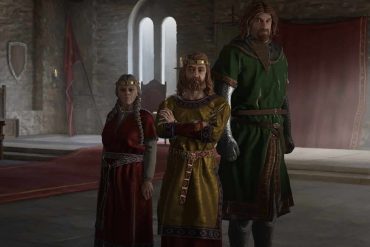May 5th
…preservation in the best of all possible worlds.
“THQ Nordic has just opted to lean into a more openly right-wing demographic than Microsoft, and games culture, which harbours quite a lot of angry young men with reactionary beliefs, affords them the comfort of occupying that niche, usually without a ton of pushback.”
…









